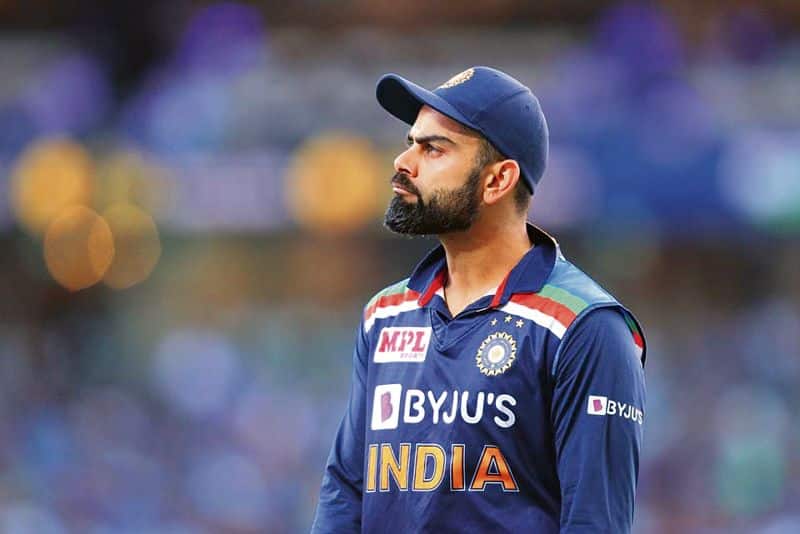ODI leadership was handed over to Rohit Sharma from Virat Kohli after the BCCI announced through Twitter that the selectors “decided to appoint” Rohit as the team’s limited-overs leader moving forward
Following India’s early exit from the UAE T20 World Cup in 2021, Rohit Sharma was named the new ODI skipper by the All India Senior Selection Committee on Wednesday (December 8). He replaces Virat Kohli, who had just recently ceded the T20I leadership after the team’s early exit.
However, Kohli’s decision to step down as merely the team’s T20I skipper meant that India had made the first step toward adopting divided leadership for the first time, although he was motivated to remain heading both ODI and Test teams. Because of the widely accepted paradigm of dividing leadership responsibilities between the white-ball and red-ball formats, it was predicted that the baton’s handover would occur soon in one-day internationals.
Rohit Sharma is now the limited-overs captain for India


On December 8, it was shown to be correct. “All-India Senior Selection Committee also agreed to select Mr Rohit Sharma as the captain of the ODI and T20I teams moving ahead,” said a BCCI tweet as the board revealed an 18-man squad for the next three-Test series in South Africa.
However, unlike the last occurrence, when Kohli revealed his choice in the public arena, the board of selectors “agreed to identify” Rohit as the captain “going forward” in the transfer of the ODI leadership, which was shocking.
Hours later, more reports indicate that skepticism about the development isn’t a bad idea. Although the BCCI offered Kohli the chance to stand down on his own, the cricket board and the Chetan Sharma-led panel were forced to decide on his behalf.
Thanks to this outcome, Kohli’s time in charge of the Indian cricket team would come to a close without an ICC trophy in limited-overs tournaments. After MS Dhoni’s retirement in 2017, Kohli became India’s full-time captain and guided the team to 65 victories in 95 one-day internationals. Despite his success in bilaterals, he could not lead India to a multi-team event championship, which has been over eight years since India’s previous multi-team ICC tournament triumph under Dhoni in 2013.
Kohli finished his limited-overs captaincy tenure without an ICC Trophy win


India lost to Pakistan in the Champions Trophy final in 2017, while the squad was knocked out of the 2019 ODI World Cup semi-finals after losing to New Zealand, who also beat India in the first World Test Championship final in 2021. Both defeats came under Kohli’s leadership.
Ajinkya Rahane was off of form, and Rohit took up the Test vice-captaincy, but he is no stranger to managing a team. Since taking over as captain of the Mumbai Indians in 2013, Rohit has been unequaled in the Indian Premier League.
Despite a tiny sample size in international captaincy, he has led India to eight of the 10 ODI victories, including the 2018 Asia Cup as a stand-in for Virat Kohli. Rohit has a record of 18 victories in 22 games in the shorter format, including three in his first full-time captaincy series against New Zealand.
